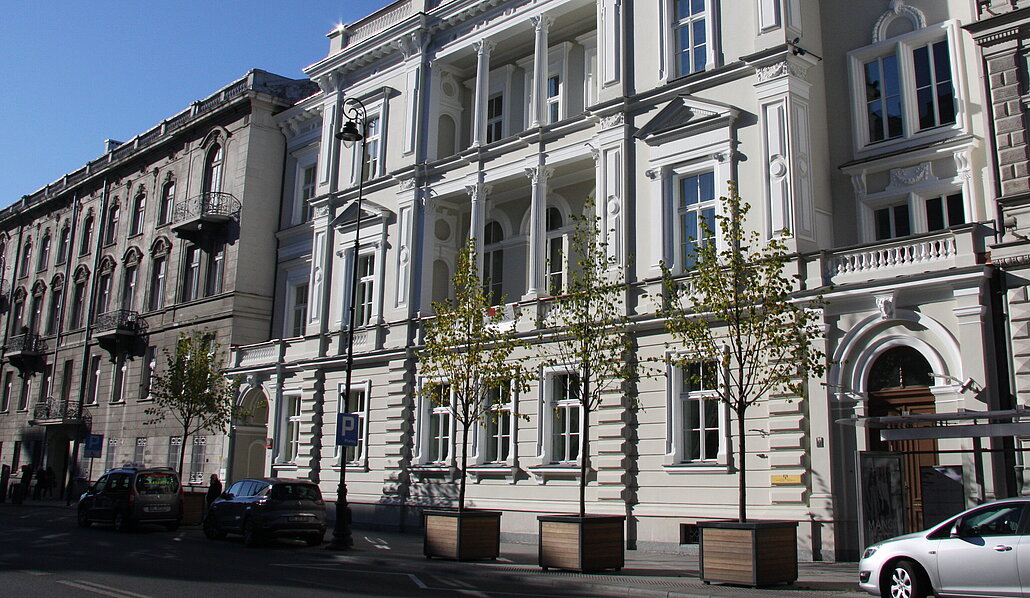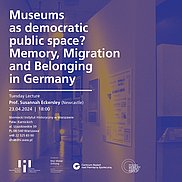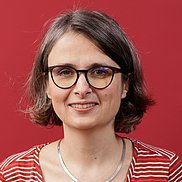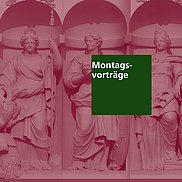After the Second World War the Ukrainian Greek Catholic Church found itself in a situation where its leadership had to deal with the Soviet authorities on its own. After the liquidation “councils”, starting with the L’viv Council in 1946 and ending with the Council of Prešov in 1950, the Ukrainian Greek Catholic Church strived to survive in underground. At the same time, it became a hostage to attempts of establishing a political dialogue between Moscow and the Vatican, as well as to the search for ecumenical dialogue between the Catholic Church and the Russian Orthodox Church. How all those projects affected the situation in western Ukraine on the ground? How the Vatican policies developed and how those developments influenced the Ukrainian Greek Catholic Church?
In addition to the triangle: Ukrainian Greek Catholic Church – the Soviet authorities – the Vatican, our conference aims to reveal and analyze the influence of such actors as the Russian Orthodox Church, the Ukrainian nationalist underground, the Roman Catholic bishops, primarily of those countries where Greek Catholics lived, the Ukrainian diaspora, etc. The main focus is put on Ukraine, but a transregional approach is especially welcome in papers that would examine similar church-state relations in Central and Eastern Europe of that time.
International Conference
15th – 16th February 2024
German Historical Institute Warsaw
Organisation: Dr. Viktoriia Serhiienko (GHI Warsaw) Prof. Dr. Miloš Řezník (GHI Warsaw) Dr. Oleh Turiy (UCU L’viv)
Konferencja będzie tłumaczona symultanicznie z języka angielskiego na polski i z polskiego na angielski.
The conference will be translated simultaneously from English to Polish and from Polish to English.






